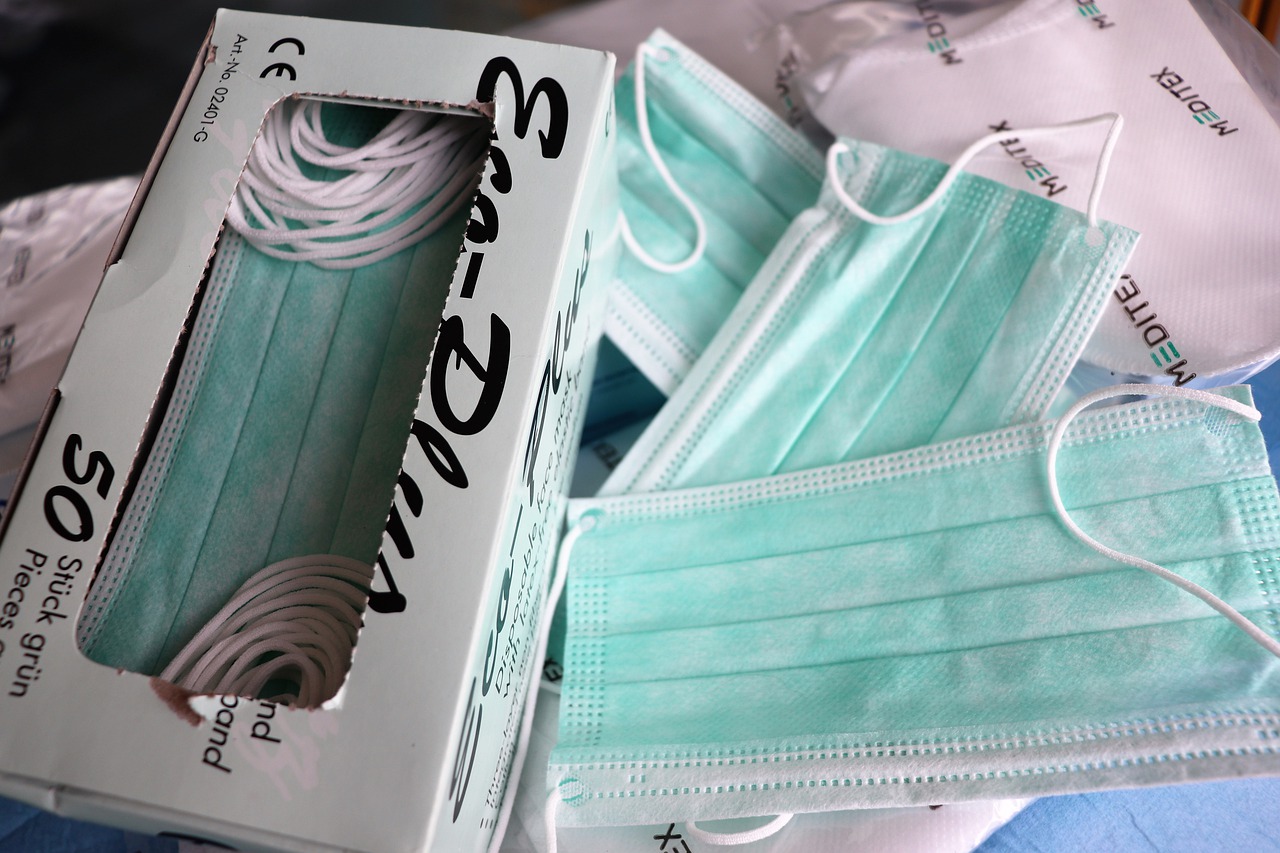Concern over corruption red flags in 20% of U.K.’s PPE procurement

Full transparency over ‘vip’ lane and scrutiny of high-risk contracts essential to restore public trust
April 22, 2021 – The way the UK Government handled bids for supplying personal protective equipment (PPE) and other COVID-19 response contracts appears partisan and systemically biased in favour of those with political access, new research from Transparency International UK finds.
Launched today, Track and Trace is the most comprehensive study to date of public procurement during the pandemic and involved a painstaking review of nearly 1,000 contracts worth a total of £18 billion.
The report details how critical safeguards designed to prevent corruption were suspended without adequate justification. Transparency International UK identify 73 contracts worth more than £3.7 billion, equivalent to 20 percent of COVID-19 contracts between February and November 2020, that raise one or more red flags for possible corruption.
Of particular concern is the ‘VIP’ or ‘high priority’ lane used to fast track offers of PPE from companies referred by MPs, peers and senior officials. Our analysis of the available evidence is consistent with there being systemic bias towards those with connections to the party of government in Westminster, despite continued claims by the Government to the contrary.
The report concludes that poor record keeping combined with opaque, uncompetitive contracting and a suspiciously high number of awards to companies with political connections has undermined public trust and justifiably fuelled criticism of the Government.
Key findings
High-risk contracts
- Contracts awarded to companies with political connections:
- Twenty-four PPE contracts worth £1.6 billion were awarded to those with known political connections to Conservative Party.
- Three contracts worth £536 million went to politically connected companies for testing related services.
- Contracts awarded without competition:
- Between February and November 2020, 98.9 percent of COVID-19 related contracts by value (£17.8 billion) were awarded without any form of competition, many without adequate justification.
- Contracts awarded to companies with no track record of supplying goods or services:
- Fourteen companies incorporated in 2020 received contracts worth more than £620 million, of which 13 contracts totalling £255 million went to 10 firms that were less than 60 days old.
Losing the money trail
Whitehall has faced understandable resource challenges, but our study catalogues the woefully inadequate arrangements for enabling scrutiny over the use of taxpayers’ money.
- Contracts awarded to politically connected companies were more likely to be published late. Details of 93 percent (28) of the 30 contracts awarded to politically connected companies were published late, compared to 70 percent (688) of the 970 without. Seven of these late contracts awarded to politically connected suppliers went unpublished for more than 100 days.
- Seventy two percent (711) of COVID-related contracts awarded during our sample period, worth £13.3 billion, were reported after the 30-day legal deadline, with £7.4 billion of this total reported more than 100 days after the contract was awarded. In comparison, on average it took Ukraine less than a day to publish information on 103,263 COVID-19 contracts after their award during the same period.
Daniel Bruce, Chief Executive of Transparency International UK, said:
“There are now very serious questions for the Government to answer with more than a fifth of the money spent on purchases in response to the pandemic raising red flags. The Government’s approach to procurement during this critical period has already dented public confidence at a time when the trust of its citizens is most needed. We must now have full accountability for the eyewatering amounts of taxpayers’ money spent on the response – with the award for each of the 73 contracts we highlight in our report subject to a thorough audit.
“The frequency with which COVID-related contracts were awarded to those with political connections is deeply concerning and is at such a level that it cannot be explained away as coincidence. Given it appears only a select group knew about the ‘VIP’ lane, with those politicians in the know confined to one side of the House, it is our conclusion that the system for handling PPE offers was preloaded with bias. Months after the VIP lane came to light, the Government has still failed to answer basic questions about its functioning and existence.
“We welcome the steps towards greater procurement transparency in the Government’s Green Paper. However, this cannot be used to brush the urgent need for transparency and accountability for decisions taken over the last year under the carpet. With more spent on PPE than the annual budget of the Home Office, the public have a right to know if their money was spent wisely and properly.”
Transparency International UK makes a series of recommendations that would address concerns of cronyism, restore confidence in public contracting and ultimately help secure the long-term success of the UK’s pandemic response. They include:
- Relevant authorities auditing in detail the award of the 73 questionable contracts highlighted within the report.
- Providing full transparency over the ‘VIP’ lane – including the names of companies awarded contracts via this channel, who made referrals through it, and whether any conflicts of interest were identified and addressed – and closing it if it is still operating.
- Immediately return all public sector procurement to open, competitive contracting as a default.
- The Minister for the Cabinet Office should make a statement to Parliament setting out where the UK Government has not complied with its legal transparency obligations, how these are being rectified, and how these issues will be prevented in the future.
Article credit: https://www.transparency.org.uk/track-and-trace-uk-PPE-procurement-corruption-risk-VIP-lane
